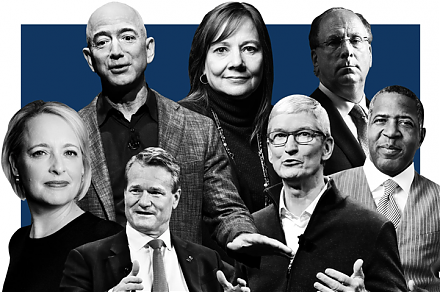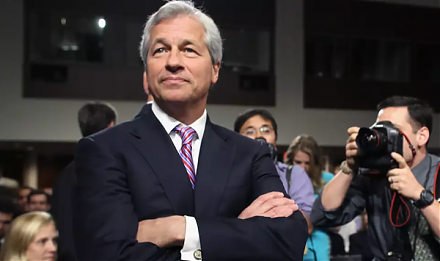

Home > Library > The cross-country evolution of corporate ownership and governance
Author Andy Yeh Alpha
This research article provides our mathematical analysis of the gradual evolution of corporate ownership concentration around the world.
Description:
We derive and develop a simple and intuitive model that shines fresh light on the relentless debate over whether corporate ownership converges to the Berle-Means modern corporation with high stock ownership dispersion. Our model takes into account the importance of both protective legal institutions and firm-specific asset arrangements. The main analytical result is that incumbent stock ownership concentration either persists or declines depending on the relative importance of these protective arrangements. Specifically, our model predicts: (a) high stock ownership dispersion in nations that impose legal limits on blockholders's clout to expropriate minority shareholder rights, and (b) high stock ownership concentration in nations that primarily rely on asset specificity as a form of investor protection. In this view, both the path-dependency and convergence theories complement each other in the broader context of corporate governance.
Our empirical analysis of international data suggests at least partial convergence toward the Berle-Means modern corporation with high stock ownership dispersion. It is thus plausible to infer the existence of path-dependent forces on corporate ownership concentration. Nevertheless, this result does not preclude the more dynamic form of functional convergence toward greater stock ownership dispersion through the general tendency of non-U.S. public firms to cross-list on the major U.S. stock exchanges. This trend introduces stringent disclosure and governance requirements to a wider set of multinational corporations. In essence, these empirical results suggest a case for the co-existence of the path-dependency and functional-convergence stories. These complementary stories arise as stable mates and represent some partial elements of truth in explaining the cross-country variation in corporate ownership and governance structures.
2018-07-19 18:38:00 Thursday ET

Goldman Sachs chief economist Jan Hatzius proposes designing a new Financial Conditions Index (FCI) to be a weighted-average of interest rates, exchange rat
2018-03-13 07:34:00 Tuesday ET

From crony capitalism to state capitalism, what economic policy lessons can we learn from President Putin's current reign in Russia? In the 15 years of
2018-09-07 07:33:00 Friday ET

The Economist re-evaluates the realistic scenario that the world has learned few lessons of the global financial crisis from 2008 to 2009 over the past deca
2017-09-19 05:34:00 Tuesday ET

Facebook, Twitter, and Google executives head before the Senate Judiciary Committee to explain the scope of Russian interference in the U.S. presidential el
2021-11-22 11:29:00 Monday ET

U.S. judiciary subcommittee delves into the market dominance of online platforms in terms of the antitrust, commercial, and administrative law in America.
2018-09-30 14:34:00 Sunday ET

Goldman, JPMorgan, Bank of America, Credit Suisse, Morgan Stanley, and UBS face an antitrust lawsuit. In this lawsuit, a U.S. judge alleges the illegal cons